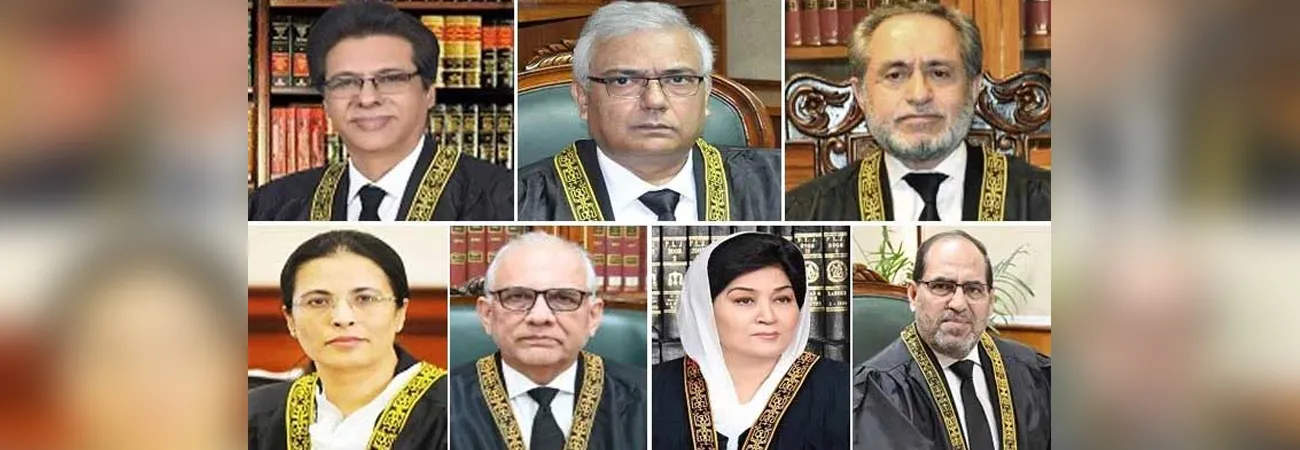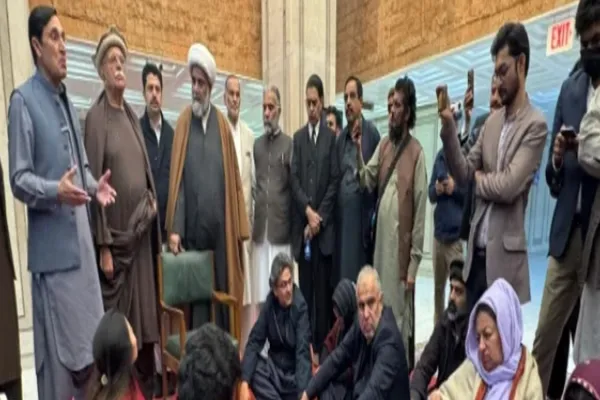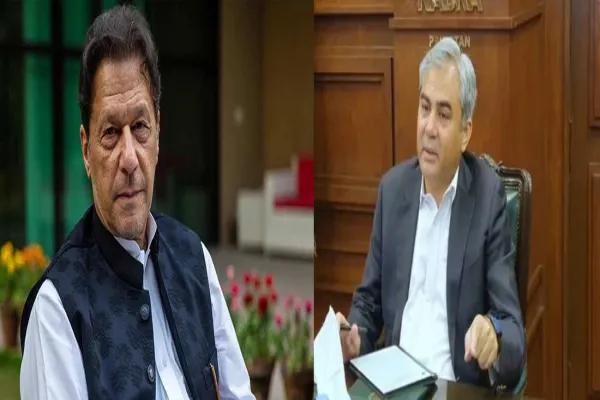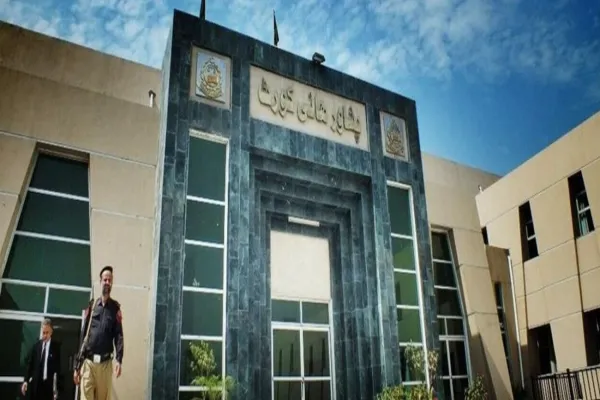i NEWS PAKISTAN
The Supreme Court's seven-member constitutional bench on Monday commenced hearing pending cases before the apex court. The bench, led by Justice Amin-ud-Din Khan, includes Justice Ayesha Malik, Justice Muhammad Ali Mazhar, Justice Hassan Azhar Rizvi, Justice ?Jamal Khan Mandokhail, Justice Naeem Akhtar Afghan and Justice Musarrat Hilali. During the hearing, the court dismissed the petition seeking to declare candidates receiving over 50% of votes as successful in elections. The petitioner, Advocate Chaudhry Akram, was also slapped with a Rs20,000 fine for filing a "frivolous" petition. Justice Mazhar questioned under which constitutional provision a candidate must secure 50% of votes to win.
He emphasised that election outcomes are determined by the votes cast. Justice Ayesha asked which fundamental right of the petitioner was violated and which constitutional provisions were being breached. She added that the Supreme Court does not have the authority to legislate new laws. The petitioner argued that Parliament decides the course of people’s lives, to which Justice Khan responded that Parliament does not make such decisions. Justice Hilali remarked that everyone has the right to vote but noted that people often watch television on polling day instead of voting. She stated that if voters fail to cast their votes, it reflects their own shortcomings. Justice Mandokhail inquired if the petitioner had cast their vote in the February 2024 election.
When the petitioner admitted they had not, Justice Mandokhail remarked that such behaviour disrespects the Constitution. The bench then imposed a Rs20,000 fine for frivolous litigation, with Justice Khan dismissing the petitioner’s suggestion of a Rs100 billion penalty to reduce the national debt, pointing out the petitioner’s inability to pay such an amount. The seven-member bench also heard a plea regarding making it mandatory for independent candidates to join political parties. The petitioner appeared before the bench via video link. Justice Khan remarked that the permission granted to the petitioner to appear on court premises should suffice. The petitioner acknowledged that the matter had already been resolved, rendering their appeal ineffective. Subsequently, the constitutional bench dismissed the petition on the grounds of ineffectiveness.
Credit: Independent News Pakistan









